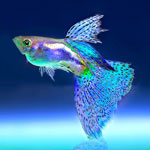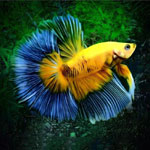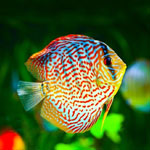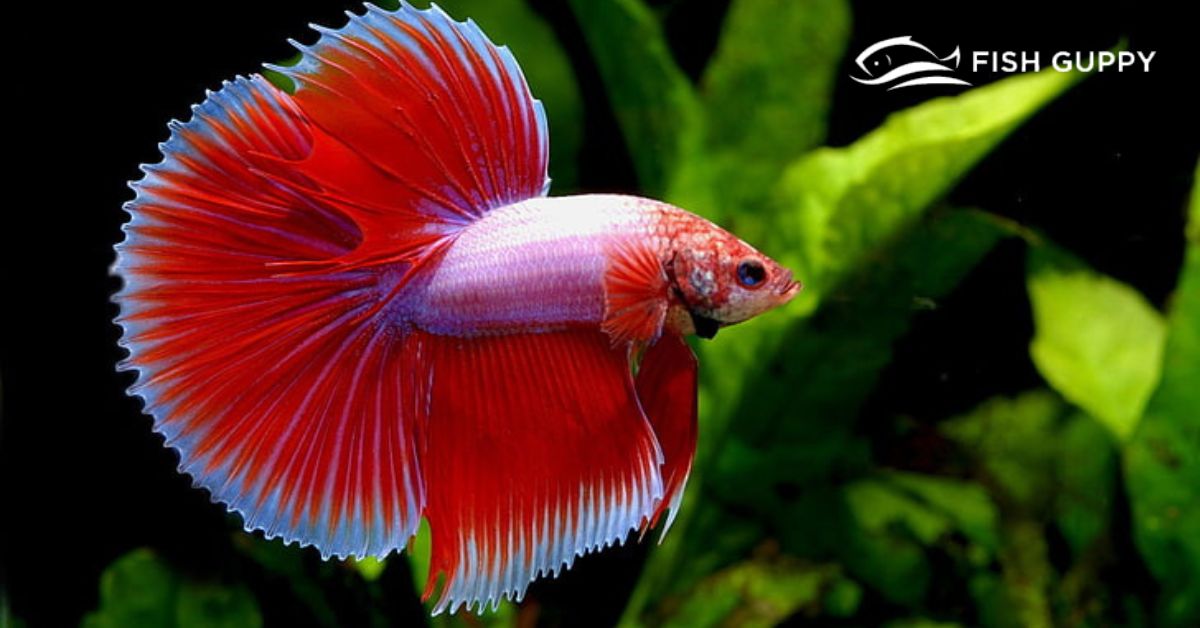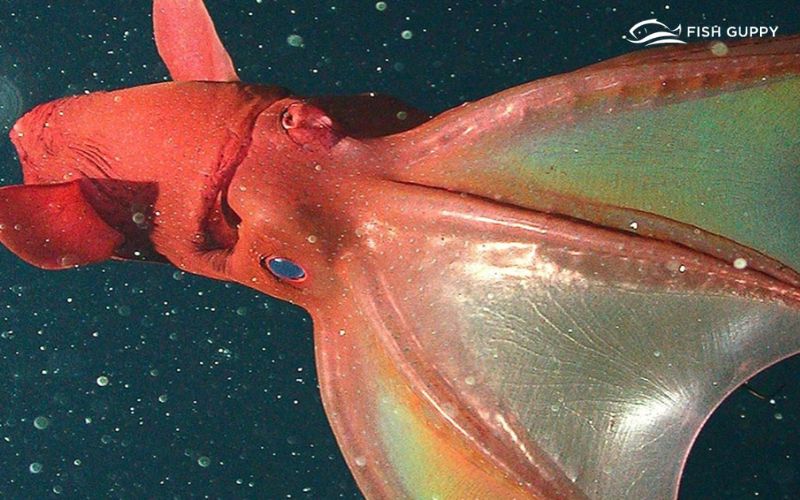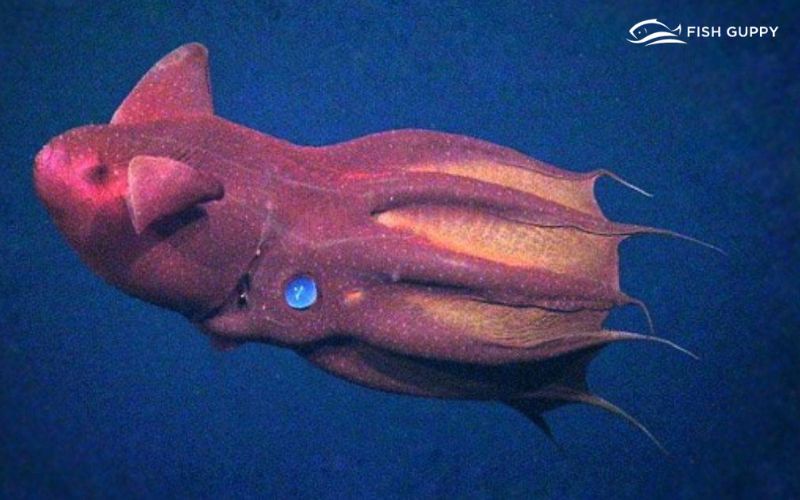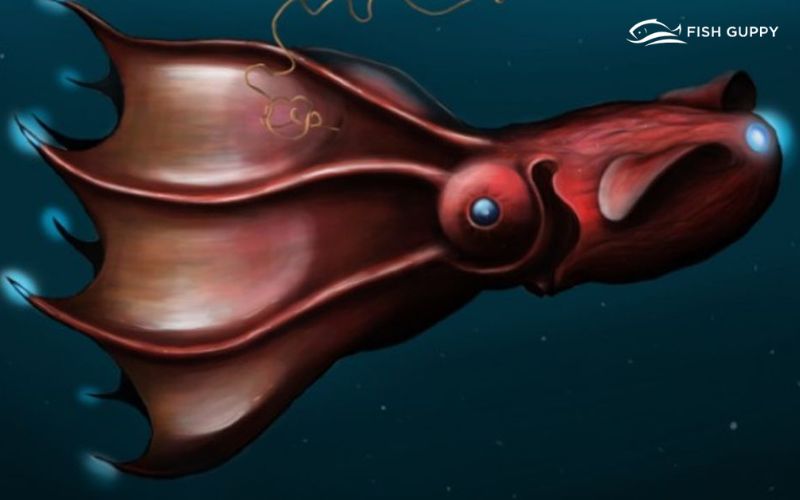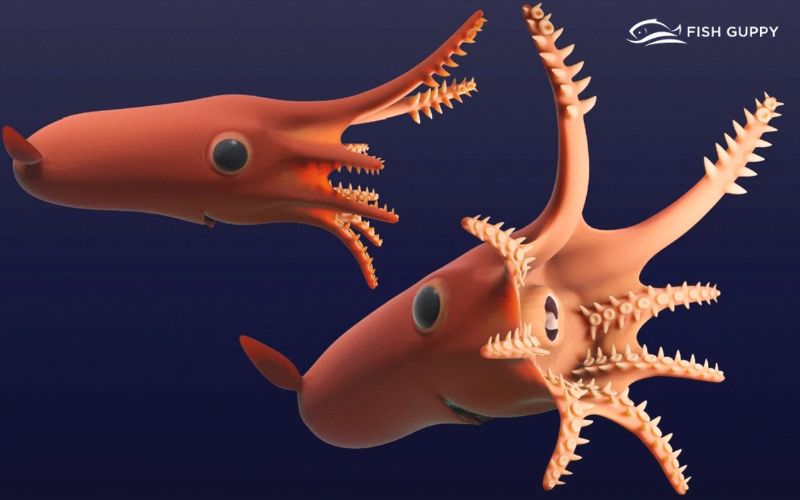What Does a Vampire Squid Eat?
June 24, 2023 Vampire Squid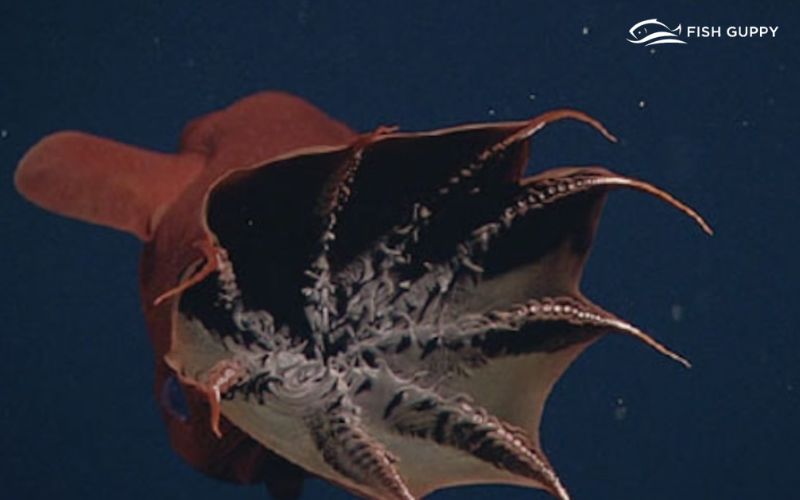
The vampire squid (Vampyroteuthis infernalis) is a mysterious deep-sea creature that has captivated the imagination of researchers and enthusiasts alike. With its unique appearance and adaptations, one question that arises is, “What does a vampire squid eat?” In this blog, we will explore the diet of vampire squids and shed light on the fascinating feeding habits of these enigmatic cephalopods.
Detritivorous Diet: Contrary to what its name might suggest, the vampire squid does not feast on blood. Instead, it is classified as a detritivore, meaning it primarily consumes organic particles and debris that sink down from the surface of the ocean. Its diet consists mainly of marine snow, small crustaceans, dead plankton, and other organic matter.
Filter-Feeding Adaptations: Vampire squids possess unique adaptations for capturing their prey. They have long, thread-like filaments called “arms” that are equipped with tiny suckers. These arms are used to collect and filter particles from the water column. The suckers help in grasping and manipulating the food, allowing the vampire squid to efficiently gather its sustenance.
Consuming Marine Snow: One of the main food sources for vampire squids is marine snow. Marine snow refers to a mix of organic detritus, dead plankton, and other particulate matter that slowly descends from the surface waters to the depths. Vampire squids use their arms to catch and consume these particles, which serve as a vital source of nutrients in their deep-sea habitat.
Feeding Strategies in Low-Light Environments: Living in the depths of the ocean, vampire squids encounter low light conditions. To compensate for the limited visibility, they possess light-emitting photophores on their bodies. These photophores may aid in attracting prey or helping the vampire squid locate its food sources in the darkness of the deep sea.
Energy Efficiency: The deep-sea environment is characterized by limited food availability and low energy resources. Vampire squids have adapted to this energy-deficient environment by having a slow metabolism and efficient feeding strategies. Their detritivorous diet allows them to extract nutrients from the particles they consume, maximizing their energy intake from scarce food resources.
Role in the Ecosystem: Vampire squids play an important ecological role as decomposers in the deep-sea ecosystem. By feeding on organic debris and marine snow, they help recycle nutrients and contribute to the overall balance of the food web in their habitat.
Conclusion
While the name “vampire squid” may evoke images of bloodsucking predators, the reality is quite different. Vampire squids are detritivores that feed on organic particles and marine snow, using their unique arm adaptations to capture and consume their food. Their ability to thrive on a diet of detritus highlights their remarkable adaptations to the energy-deficient deep-sea environment. By understanding the feeding habits of vampire squids, we gain a deeper appreciation for the complex dynamics of the deep-sea ecosystem.
